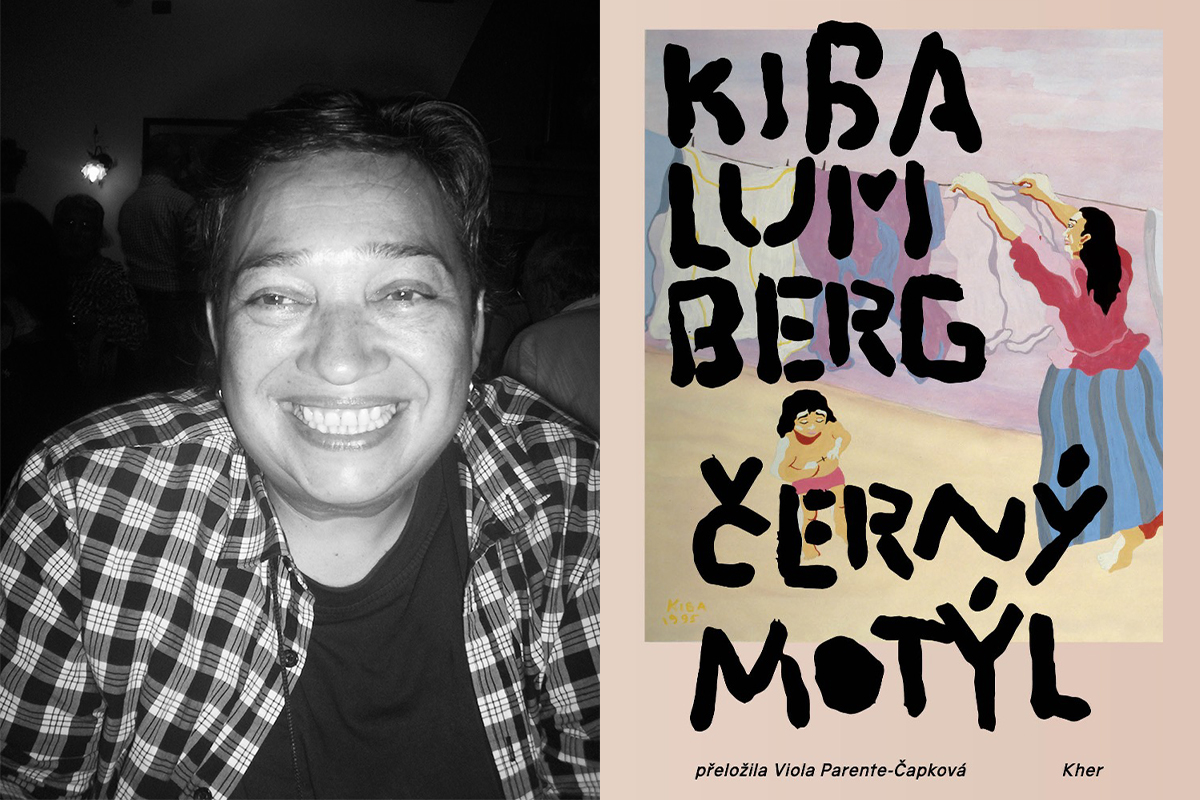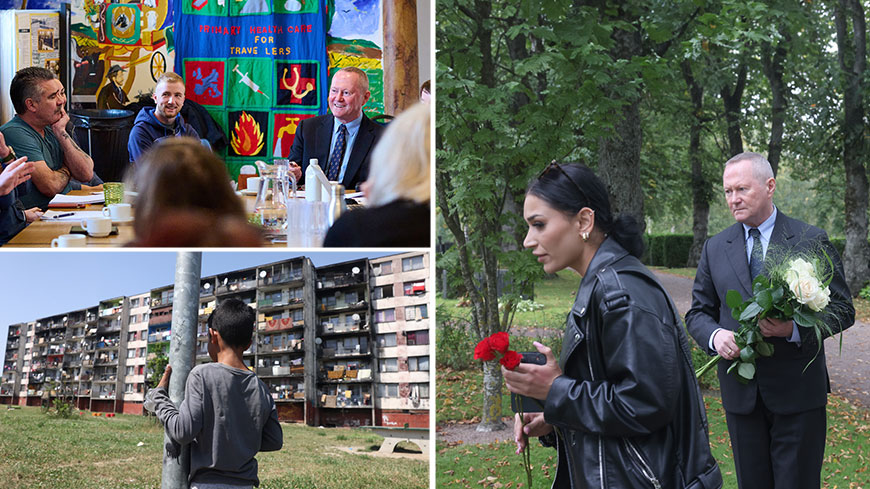The Romanian ambassador in London, Ion Jinga, writes against the stereotypical representation of the Rroma in the British media. Only recently, the English newspaper “Daily Mail” published an interview with the Romanian Rroma “Rudi”, who confirmed almost all prejudices against the minority: that Rroma steal and burden the British welfare system. That an individual of an ethnic group is taken to represent all members of a group, is not a new phenomenon, but it is amazing how well this presentation method works. Rudi stated: “I made my way by pick-pocketing, thieving and other small crimes. I was put in prison or arrested by the police in Norway, Finland, Sweden, Spain, Italy, France, Austria and Germany before I arrived here. [ … ] Your benefits system is crazy. It’s like finding a sack full of cash that has been dropped, picking it up and no one saying anything.” Jinga attempts to qualify the one-sided statements and to show the complexity behind the generalizations. Rroma are marginalized, but most of them are trying to find a job and work hard, especially when they migrate to another country. The portrayal of problem cases through the media confirms false prejudices and hinders a successful integration of the minority. The Romanian government has repeatedly pointed out that the integration of the Rroma is a pan-European task that cannot be handled by a single nation. Jinga also convincingly demonstrates that the Romanian economy performs very well in a pan-European comparison. However, one has to disagree in one point with him. Jinga claims that access to the Romanian labour market is equal for all. That Rroma in Romania are still heavily discriminated against, should not be denied (Jinga 2014).
The highly one-sided article from Daily Mail (Reid 2014) builds its argument on dubious statistics from the British bureau of statistics. The ONS (Office for National Statistics) stated that Romania has the highest birth rates in Europe and that the British welfare system animates Romanian immigrants to get even more children. These statements are supplemented with the effusive confessions of Rudi, who confirms all prejudices about social tourism. That, through his statements, he advocates for the restriction of immigration, doesn’t seem to come to his mind. At the end of the article he states: “We Romanians can go anywhere we want in Europe now — but, of course, it is only Britain that pays us to live.” Reid manages to fuel fears of mass immigration into the British social system and to consolidate them. She doesn’t seem interested in an objective assessment of the situation at all.


